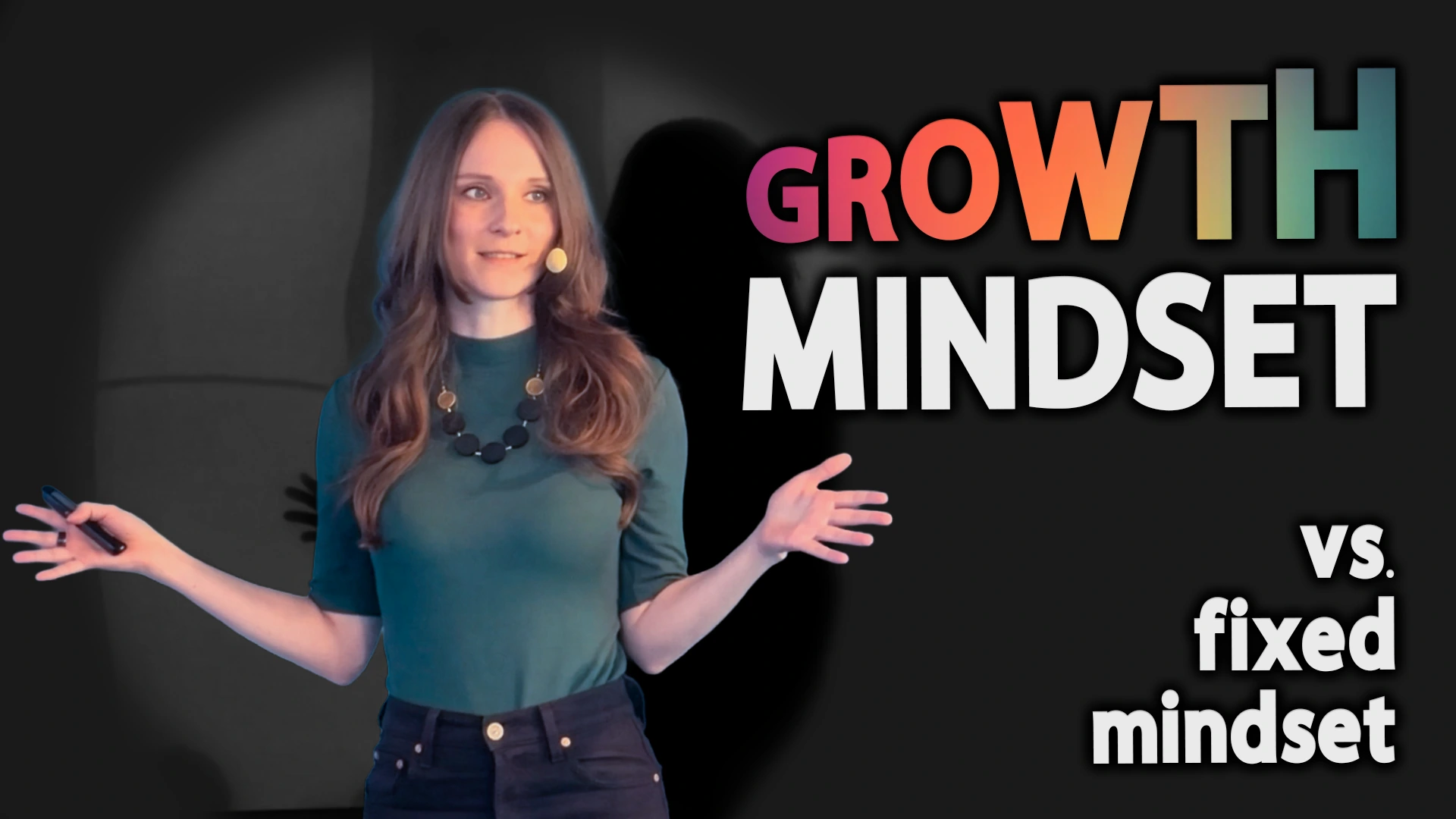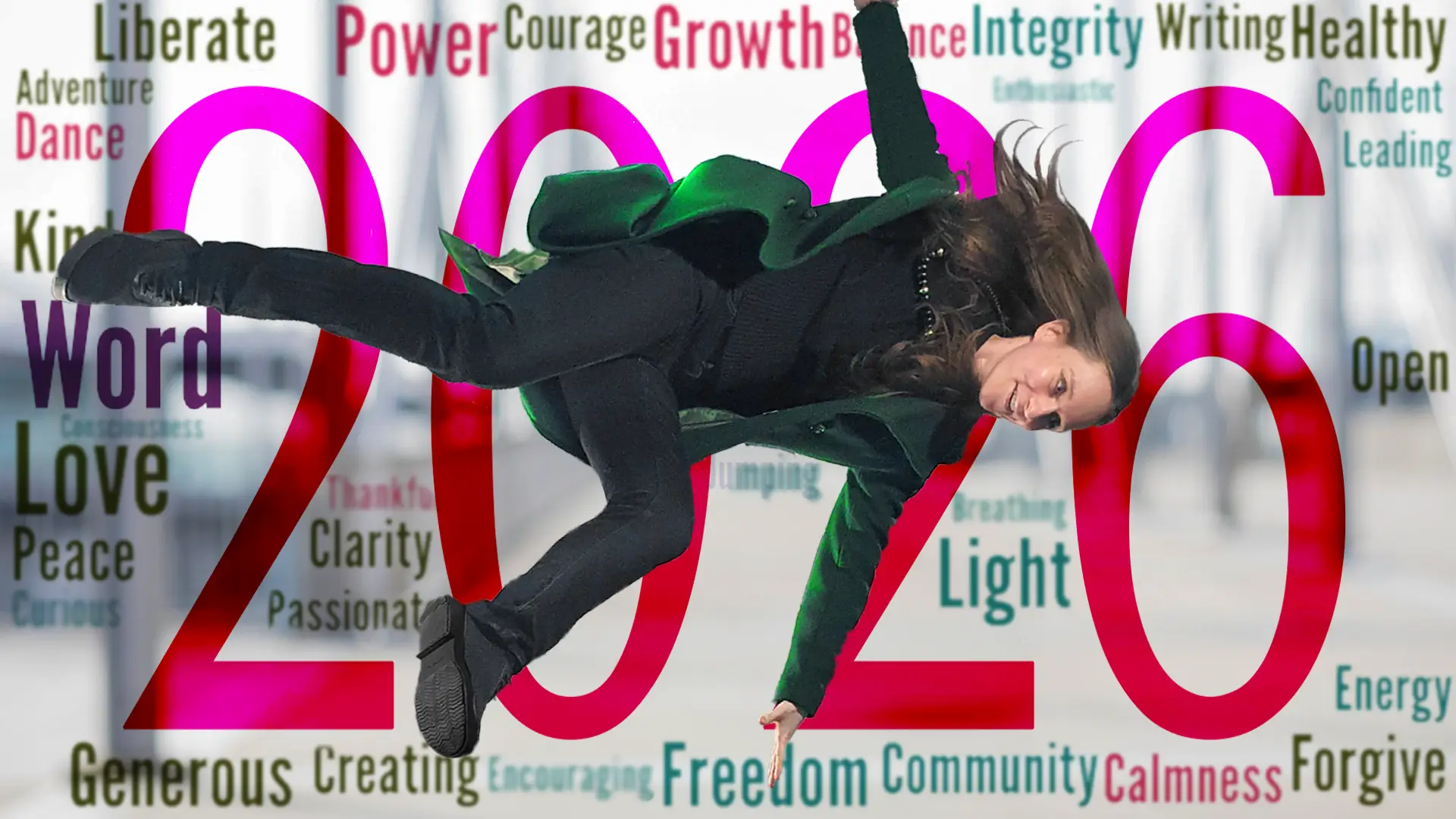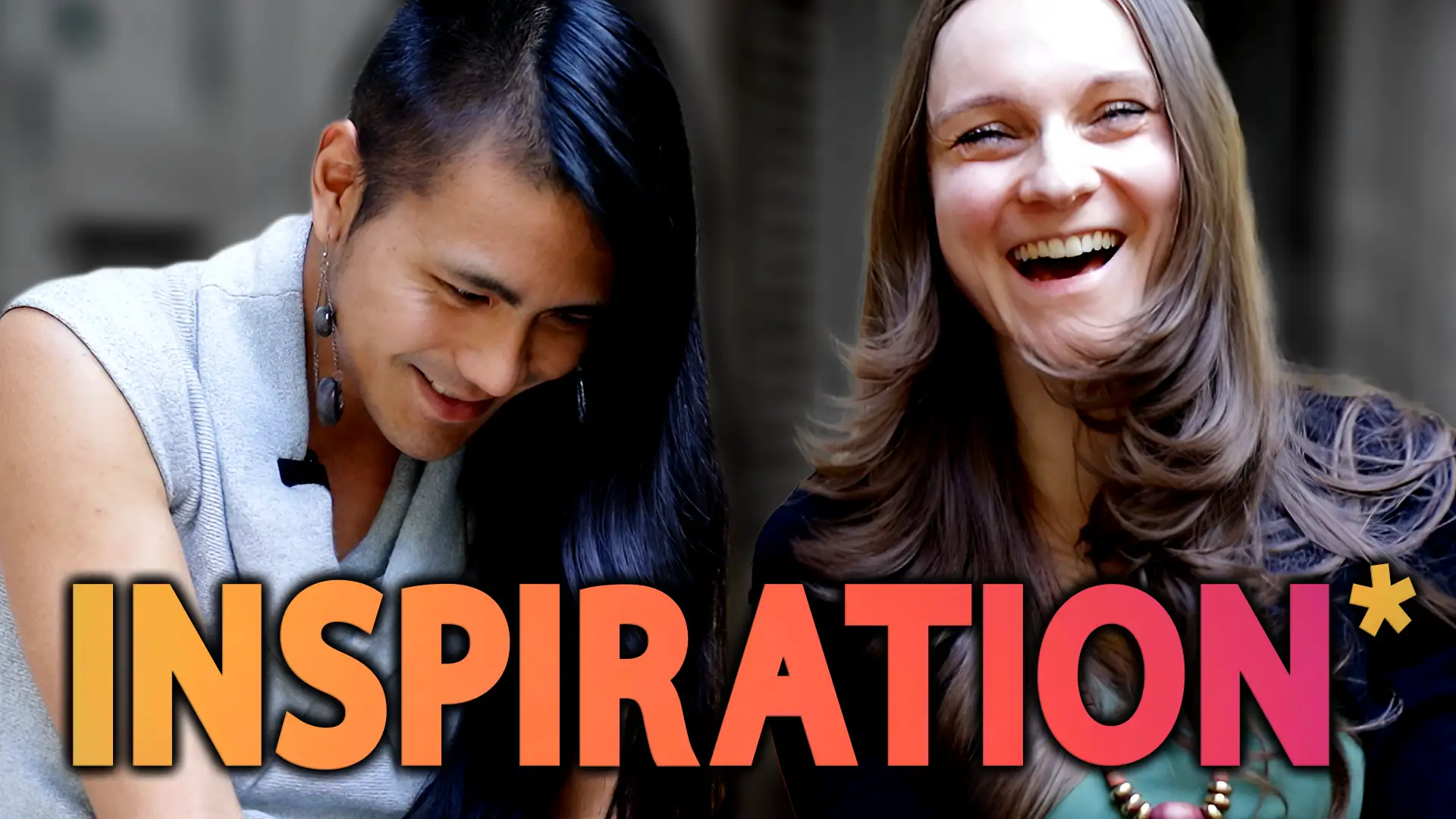What do musicians and athletes have in common? A lot, and one thing for sure: They practice relentlessly. They refine small units of their performance until it becomes second nature, whether it's a musical pattern or a complex motion sequence. To excel, they practice, practice, practice.
We, however, often seek happiness, optimism, or serenity, expecting it to appear without effort magically. But why? Mastering our inner mental game requires practice, like any creative or athletic discipline!
Do you want to live in the present, appreciate life's nuances, and approach each day with gratefulness? Here's the good news: You can practice gratitude. Perhaps it can become as natural to you as breathing?
Years ago, I stumbled across the work of Martin Seligman, who explored psychological interventions to boost individual happiness. One of his methods is simple yet powerful: writing down three positive things that happened each day, along with the reasons why and how they occurred. I tried it, and without missing one day, I documented my three things daily for three years. Today, it's second nature.
Before you turn off the lights tonight, ask yourself: What am I grateful for today?
Recall the beautiful moments:
- Feeling the sun's warmth during your morning walk
- The laughter shared during lunch
- The heart-to-heart conversation with your best friend
- That "aha" moment while reading
- The unexpected stroke of luck at work
Be as specific as possible, reliving these moments in your mind. Feel gratitude course through your body. Doesn't that feel amazing? Now, jot down your three things!
Consider this as an experiment for a week. Notice any shifts in your mood? If yes, continue and turn it into a daily habit. As with any habit, be kind to yourself – it's okay to break the chain occasionally.
With time, take an extra step. If appreciating your relationships or work becomes challenging, ask a more specific question: What are three positive things about my business, friend, or colleague today? In doing so, you exercise another, more specific mental muscle group.
Focusing on the positive things can transform your outlook over time. It doesn’t negate the challenges you face, and the inner and outer work you must do – but it adds perspective.
You expand your mental repertoire. That’s the power of practice!
As your coach, I encourage you to find ways to act in facing your current challenges effectively and, simultaneously, develop your overall personal mental, emotional, and behavioral repertoire.











